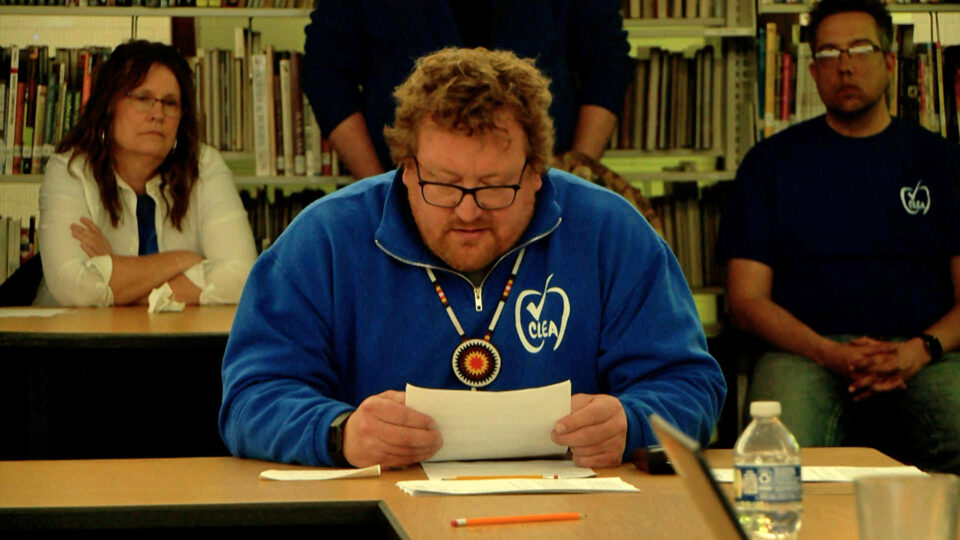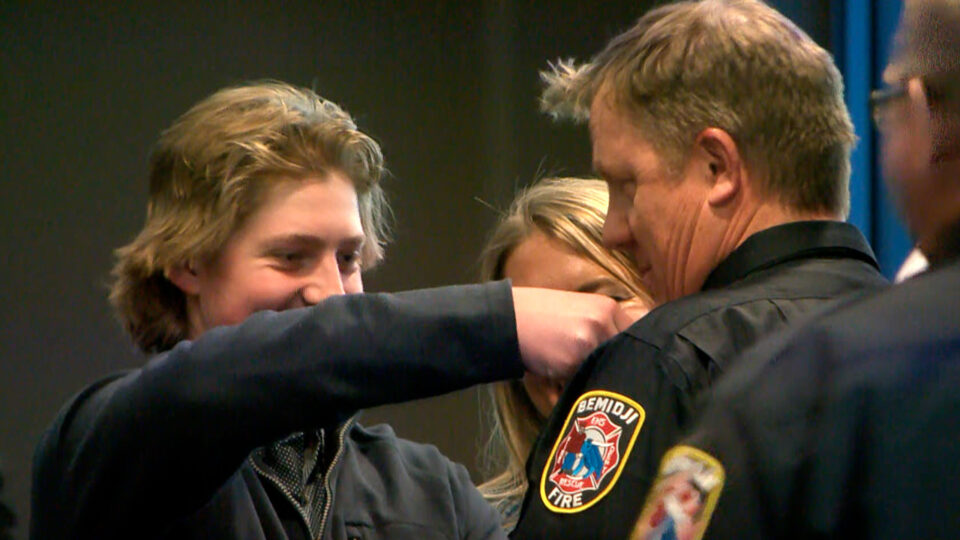Sep 8, 2017 | By: Sarah Winkelmann
Community Safety Costs Continue To Rise In Crow Wing County
The cost of treating mental health used to be split 50-50 between the state of Minnesota and the counties. But in 2015, the cost was shifted, making it 100 percent the county’s responsibility for mental health care.
“We try to be very plan full in Crow Wing County and really diligent about how we spend taxpayer dollars, and with the state’s shifting of costs makes it really difficult to do that,” said Kara Terry, Crow Wing County Community Services Director.
Since state hospitals have closed the Community Behavioral Health Hospital in Baxter is available but only offers 16 beds.
“When a person is experiencing a mental health crisis and is in need of psychiatric care. I believe they should be able to receive that; they shouldn’t be sitting in an emergency department or emergency room waiting for a bed to open up at a psychiatric facility,” said Tami Lueck, Adult Community Services Program Manager.
Once determined that no more immediate care is needed, the county pays for the care until a transition is found for the patient. That cost is nearly $1,500 per patient per day for Crow Wing County.
“I think making the awareness that we just need to be able to have the dollars to effectively create a solution so we don’t have these long-term hospitalization stays, and we can get people into the community locally where they belong,” said Nathan Berthram, Adult Services Supervisor.
Another area where the county is seeing a large increase is out-of-home placement for children under 21 who are placed away from their homes for care or treatment.
“We are at our highest number of kids in care. As of two weeks ago, we ran a point in time report that showed we had 181 kids in out of home placement,” said Kara Griffin, Child Community Services Programs Manager.
Community services are not able to fix the issues alone. They are counting on help from schools, local mental health care providers and local law enforcement to come together as a community and tackle the rising issues.
“We’ve had to be much more reactive in putting out those fires, which is really unfortunate for our community,” said Terry.







